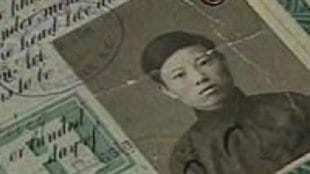People of Chinese heritage in the western province of British Columbia got an apology from the provincial government for historical policies that once targeted them. The apology introduced in parliament Thursday, May 15 recognized 160 historical racist and discriminatory policies such as denying Chinese immigrants the right to vote in the 1870s.
In 2006, the federal government apologized for a so-called head-tax of 500 dollars imposed on Chinese people who wanted to settle in Canada. It included 20-thousand dollars in compensation for families or survivors who paid the tax.

The Chinese Canadian National Council says it cannot accept the British Columbia apology because it does not offer some form of redress for the tax. The B.C. government will however put one-million dollars into a legacy fund for educational initiatives.
Chinese immigration began in 1950s
The first immigrants from China to British Columbia arrived in the 1850s to join the Fraser Valley Gold Rush. By 1872, they were prohibited from voting. That prohibition wasn’t lifted until 1949.
By the 1880s, construction of the railway across Canada was employing thousands of Chinese immigrants. But after the railway was completed, to discourage further immigration, a 50-dollar head tax was imposed in 1885, and by 1903 it was raised to $500.
It’s estimated about 82,000 Chinese paid the tax until the Exclusion Act came into effect in 1923, effectively banning further immigration from China until 1947. Restrictions on Chinese immigration remained in place until 1967.







For reasons beyond our control, and for an undetermined period of time, our comment section is now closed. However, our social networks remain open to your contributions.